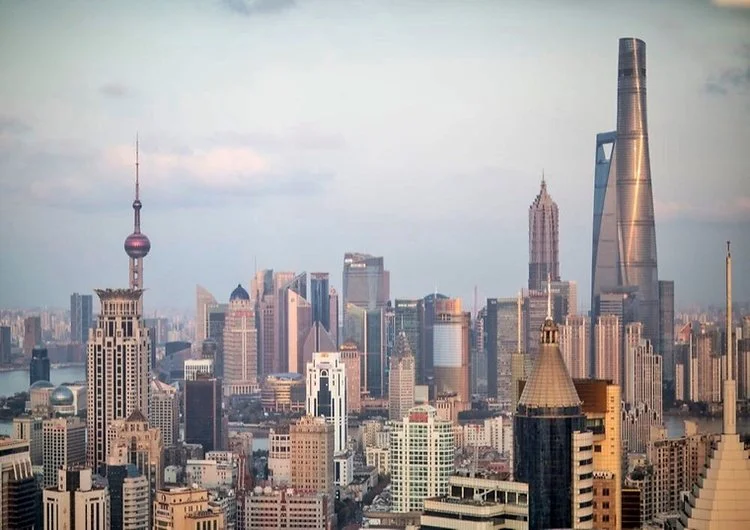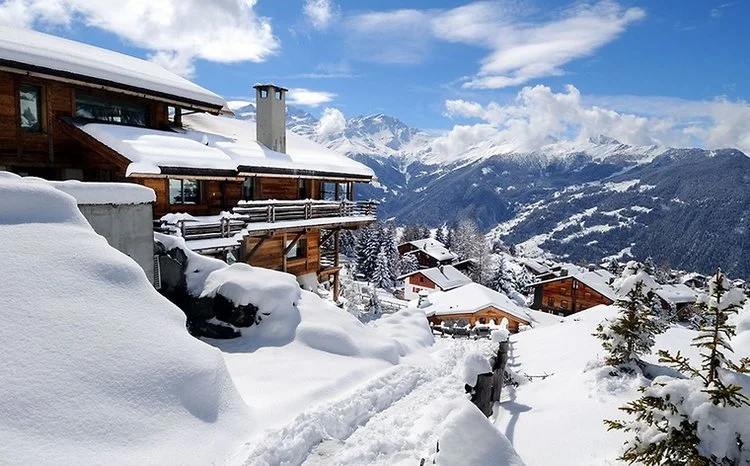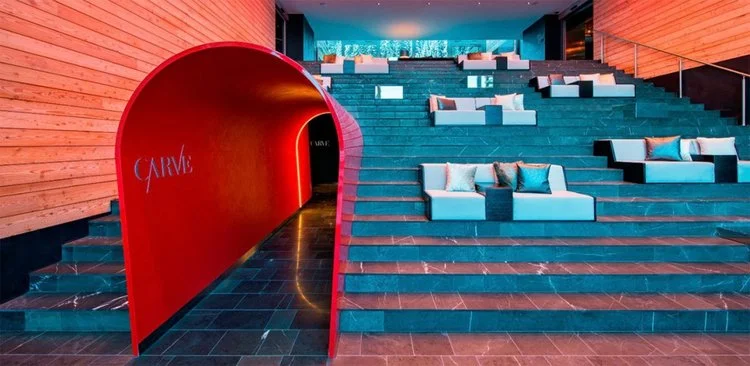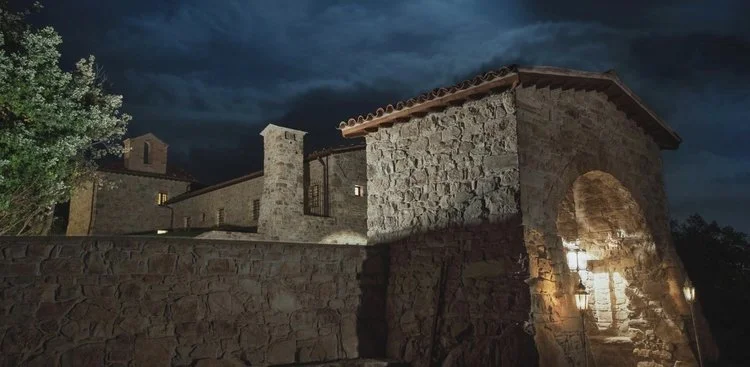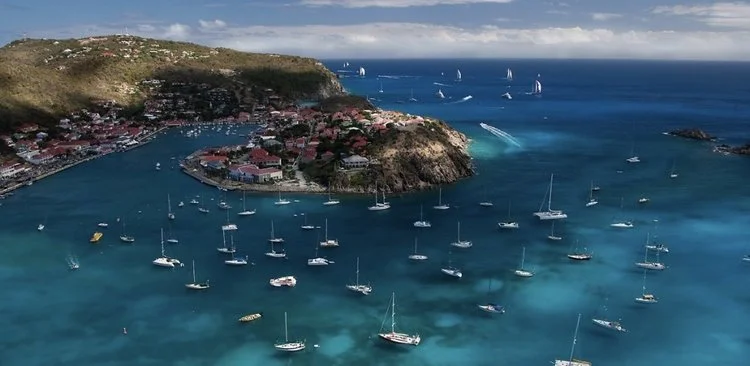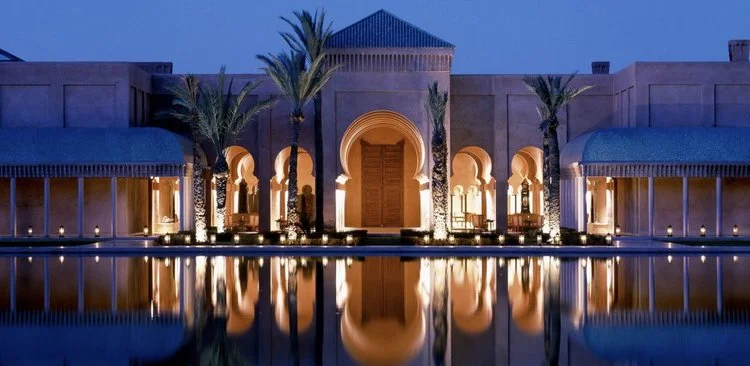We profile this award-winning alpine retreat, which provides sustainable, sought after getaways in Instagram-worthy surroundings.
Ecotourism: How To Travel Sustainably
Diana Gomez's Free Women Opens In Ibiza
CB Places: Franciacorta, Italy
Figue At The Four Seasons
CB Places: The Norman, Tel Aviv
World's Top 12 Outdoor Pools
Gaudí's Casa Vicens To Open As A Museum
Cutting-Edge + Culinary: The World's 50 Best Restaurants
Carmen In Shanghai
Behind The Bhutan Nuns Foundation: An Interview With The Director
Stay, Eat & Do: Verbier
Retreat: Experience The Ancient Practice Of Qigong In Bhutan
It seems that attaining mindfulness has never been more important than it is now. Especially for someone like me who spends their time immersed in decision-making and business, the ability to detach from worries has become an art that I’ve spent my life perfecting. I love meditation, but there comes a point every few months where there is a need to take it to the next level and really cultivate the best possible energy and fortify the mind-body connection. Which means Qigong, an ancient Chinese health care system that integrates physical postures, breathing techniques and focused intention.
So when my teacher and friend David Melladew, an Oriental Medicine Consultant, invited me to Uma by COMO in Paro, Bhutan for a week-long retreat he was hosting, I was in. There’s no better place to practice Qigong than Bhutan, a Buddhist kingdom in the Himalayas, a land of monasteries, fortresses and dramatic landscapes.
The word Qigong (Chi Kung) is made up of two Chinese words. Qi is pronounced 'chee' and is usually translated to mean the life force or vital-energy that flows through all things. The second word, Gong, means accomplishment, or skill that is cultivated through steady practice. Together, Qigong means cultivating energy, and is a system practiced for health maintenance, healing and increasing vitality.
For someone who wants to go on an authentic spiritual retreat but needs a certain comfort level, the COMO Shambhala is perfect. The rooms are minimalist but fantastic, the views are spectacular, and the spa offers many kinds of ayurvedic treatments.
The menu is perfectly suited to the spiritual mood of the retreat, but by no means boring. I would start the day with a green juice and Shambhala muesli with live mango yoghurt, freshly grated apple and almond milk.
Each day, practice included morning and afternoon Qigong sessions that took us through a set called ‘The Eight Animals’, centred around a key element of Taoist philosophy. There were also morning meditations, hikes into the surrounding mountains, visits to local monasteries, as well as philosophical talks about Qigong and Taoist practices – which I may have enjoyed the most.
I would end the day with a hot stone bath and massage. This Bhutanese therapy uses hot river stones which have been placed in a bath where they crack and steam, releasing key minerals for relieving deep-set aches and pains.
To start, I would recommend attending a few Qigong classes in your local area. But for an all-around rejuvenating experience – a point where you really want to hit reset – the COMO Shambhala is the perfect getaway.
Find out about David’s next retreat here.















